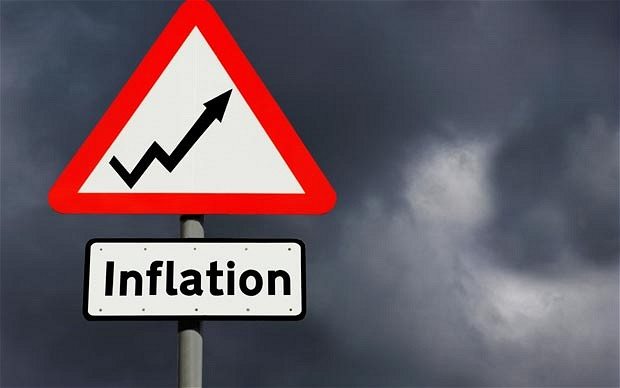Inflation is the erosion of purchasing power. When inflation increases income and earnings that a company makes should increase in tandem. Since everything is based in currency value and everything is going up, theoretically the price of a share of stock should rise as well, but it does not always work out that way.
Certain companies react differently to inflation, and rightfully so, every company is different. With inflation comes the rise in interest rates from the Central Bank of Kenya to try to temper inflation, this can cause a negative effect on the economy and the financial sector as well.
As a norm personal wages tend to lag the rate of inflation when inflation is abnormally high, so you do not want to own companies that are very sensitive to consumer spending in periods of high inflation. Particularly those that deal in non-essential consumer goods.
When inflation is high it usually foretells a tough economic environment. In tough economic environments you want to be invested in solid, dividend paying, bread and butter companies. BAT, EABL are great examples, there are plenty of other examples as well.
situation but you must have a game plan to capitalize on any economic situation.
How inflation works
Let’s say the market takes a 30% dive over the next year. Every time you check your stocks or stock mutual funds, you’re going to feel the pain. Likewise, if interest rates rise, your bonds won’t let you forget it.
Nowhere on your bank or brokerage statement, however, are you likely to get a report on what inflation is doing to the real value of your holdings. If your money is stowed in a “safe” investment, like a low-yielding savings or money market account, you’ll never see how inflation is gobbling up virtually all of your return.
Here are some points to bear in mind:
– At an average annual growth rate of 9.8% a year, stocks will double your money in a little over seven years. Factor in inflation, which has historically run at about 9% annually, and it will take more than 30 years to double your actual buying power.
– Likewise, bonds, growing at roughly 5.4% annually, will double your money every 12 years. After inflation, however, it will take 56 years.
– If your money is in cash, you’ll have to wait 23 years for the nominal value of your account to double, assuming the cash earns the historical 3% annual return. But even your grandchildren won’t see the real value of your money double.
That’s why, whenever you add up your gains or losses for a given period of time, you have to add in the effects of inflation to understand how much further ahead or behind you really are. – NIC Securities.









